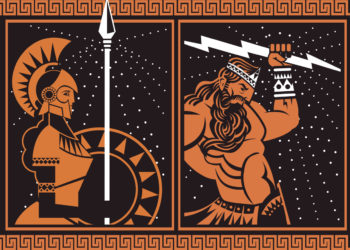Just this week I was told by my son that we only use 10% of our brains, which I had to debunk, but many scientific myths are harder to dislodge. The video below (brought to my attention by Lettie Conrad, thanks) takes a look at common scientific “urban legends” and their origins. There’s some interesting food for thought in there for our community’s continuing debate about how to drive trust in science and to make the literature more reliable. Key questions include thinking about what level of a statement should require a citation — if something is commonly known (e.g., chemicals are made up of atoms), does one really need a citation to back it up? But what if that common knowledge is not accurate? Further, so many of the myths discussed do come from the scientific record, where one citation to a bad paper leads to a chain of citations that slowly gets established as the acknowledged truth. There’s also some interesting commentary about the lack of availability of much of the scientific literature, and how that can contribute to incorrect ideas being cemented in the minds of the non-researcher public (although to be fair, there’s a significant portion of the literature that is largely incomprehensible to the non-expert, regardless of its access status).
And while you watch, test your knowledge — how many of these myths are you aware of?
Discussion
1 Thought on "“Common Knowledge” and How False Facts Become Entrenched"
I got worried a bit there towards the end that he was going to point to Scihub…



